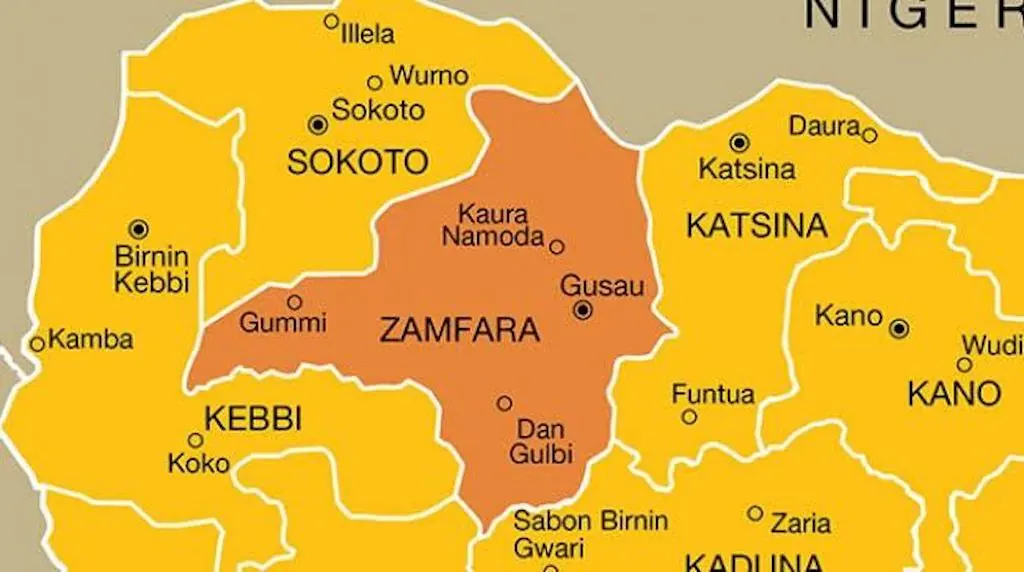France Expels Algerian Officials Amidst Tensions, EU Updates Asylum Protocols

The European Commission is set to unveil its proposed reform of the European Union’s (EU) ‘safe third country’ concept, dismantling the ‘connection criteria’ and the suspensive effect of appeal. This reform would allow individuals to be returned to countries they have no connection with, and appeals against removal decisions would not halt their deportation. Migrants’ rights experts and EU lawmakers have expressed outrage, describing the move as a “lethal blow to the right to asylum” and a threat to the fairness of the asylum process.
The ‘safe third country’ reform is central to the functioning of the new Returns Regulation announced in March, which has been criticized by Amnesty International and other human rights groups for including “return hubs”. Removing the ‘connection criteria’ is essential for establishing these hubs in third countries, potentially leading to offshore deportation centers reminiscent of Guantanamo Bay under the Trump administration, where $21 million has already been spent on flights and 32 people remain detained.
Data from the Euro-African Dialogue on Migration and Development, known as the Rabat Process, indicates that 80% of African migrants are regular, with only 20% using irregular channels. Pilar Jimenez, Ambassador at Large for Migration Affairs, Kingdom of Spain, emphasized that migration is a vector for mutual and sustainable development, highlighting the importance of focusing on youth to harness the benefits of migration.
During migration deliberations in Abuja, themed ‘Youth, Innovation and Education: Driving the Future of Migration,’ Ambassador Jimenez noted the importance of youth and civil society involvement in addressing irregular migration. She referenced the youth-centered migration policies of Nigeria and Spain, which aim to unlock Diaspora potential for both destination and origin countries. Minister of Humanitarian Affairs and Poverty Reduction, Prof. Nentawe Yilwatda, advocated for collective and sustained collaboration to tackle the evolving challenges of migration.
In a separate development, France summoned a senior Algerian diplomat to inform him of the expulsion of Algerians holding diplomatic passports without visas, responding to Algeria's expulsion of 15 French officials. The French foreign ministry stated that France reserves the right to take additional measures as the situation evolves. Relations between France and Algeria have been strained, particularly after President Emmanuel Macron's stance on the Western Sahara region.
Although there was a brief thaw in tensions following a visit by French Foreign Minister Jean-Noel Barrot to Algiers, reciprocal diplomatic expulsions have once again strained ties. Algeria's press agency APS reported that 15 French diplomatic agents were being expelled due to irregular positions. Foreign Minister Jean-Noel Barrot described the ties as “totally blocked.”











